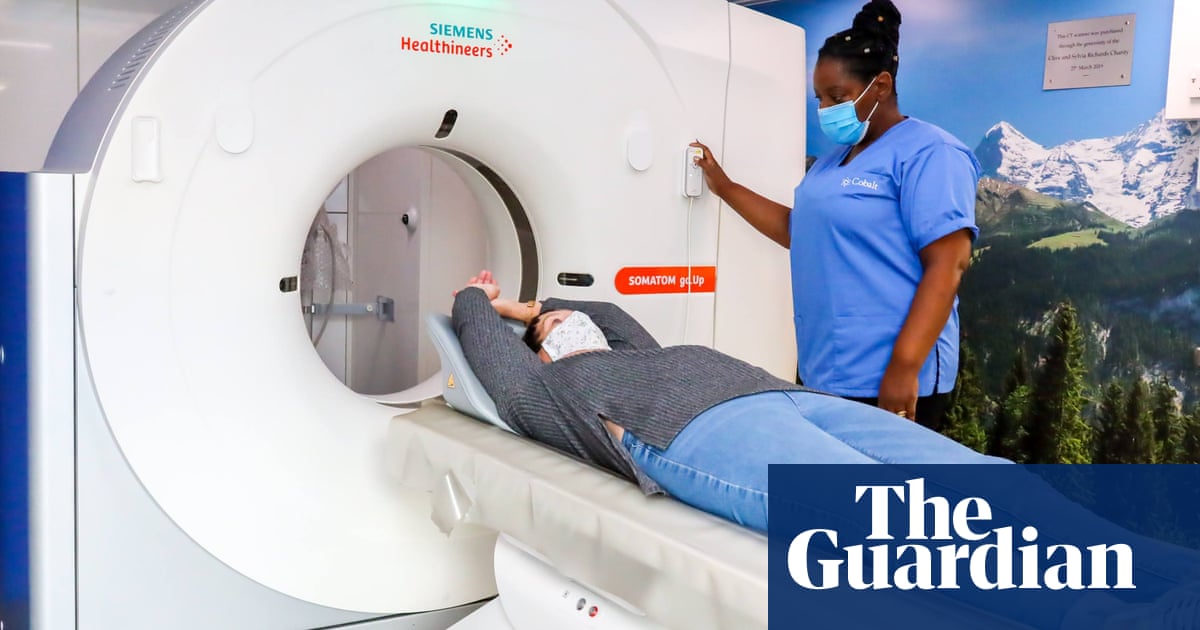The proportion of people surviving cancer in the UK has doubled since the 1970s amid a “golden age” of progress in diagnosis and treatment, a report says.
Half of those diagnosed will now survive for 10 years or more, up from 24%, according to the first study of 50 years of data on cancer mortality and cases. The rate of people dying from cancer has fallen by 23% since the 1970s, from 328 in every 100,000 people to 252.
But cancer remains the UK’s biggest killer, the report byCancerResearch UK (CRUK) says.
Progress has not been equal across all cancers, and women have not reaped as many benefits as men. There have been greater improvements in survival for men since the 1970s but survival remains higher in women.
Sustained pressure in the NHS means patients wait too long to get diagnosed andstart treatment. In England, only about half of cancers are diagnosed at an early stage, and this proportion has not improved for almost a decade, the 42-page study found.
The research will be published on Tuesday, the final day of the world’s largest cancer conference, the annual meeting of the American Society of Clinical Oncology in Chicago.
The CRUK chief executive, Michelle Mitchell, said: “Over the last 50 years, the proportion of the population dying from cancer has fallen by more than a fifth because of life-saving research into new ways to prevent people developing the disease, detect it earlier when they do and develop new cutting-edge treatments.
“Yet cancer remains the UK’s biggest killer, causing around one in four deaths in the UK – far more than other disease groups. For people affected by cancer, this means lost time and fewer precious moments with loved ones.
“As this report sets out, it is a time of both optimism and realism. We’re in a golden age for cancer research, with advances in digital, genomics, data science and AI reimagining what’s possible and bringing promise for current and future generations.
“However, despite the best efforts of NHS staff, patients are waiting too long for diagnosis and treatment, and cancer survival is improving at its slowest rate in the last 50 years. This is not acceptable.”
Sign up toFirst Edition
Our morning email breaks down the key stories of the day, telling you what’s happening and why it matters
after newsletter promotion
Cancer cases would increase, not decline, if trends continued, Mitchell said. “Nearly one in two people in the UK will get cancer in their lifetime and our projections suggest that the number of new cancer cases in the UK will rise by almost a third to over half a million every year by 2040.”
The report highlights that more than 460 people die from cancer every day in the UK. “If we want to change that, we need bold action from the UK government,” Mitchell said.
A Department ofHealthand Social Care spokesperson said: “It’s promising to see a significant drop in cancer mortality rates, but we know there is still more work to be done. Our Plan for Change is already making an impact, with 90,000 extra patients having cancer diagnosed or ruled out since July than in the previous year – and the highest ever proportion of patients getting a diagnosis or an all-clear within four weeks in February.”
